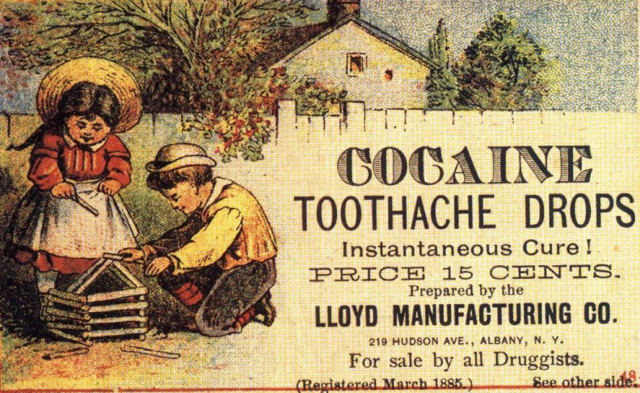The “Knowledge Doubling Curve” is a term that refers to the length of time it takes for information to double. According to Buckminster Fuller, who coined the expression, until 1900 human knowledge doubled every 100 years. By the end of WWII, “doubling” was taking place every 25 years. Today, on average, human knowledge is doubling every 13 months, and soon human knowledge will start doubling every 12 hours.
Who can possibly keep up? It’s no wonder that when older adults reflect on their past, they frequently fall back onto familiar adages such as “when I was your age” or “in the good old days”. Life wasn’t as complicated and change occurred much more slowly. Some things were more straightforward and simpler than they are today. This doesn’t mean, however, that harkening back to those olden times was necessarily ‘better’. They were different.
Recently, I had the great pleasure of being in the company of Jane Goodall on two occasions. At both events, Dr. Goodall referred to her past with a bit of nostalgia, and in the next moment, counter with how much more she is able to accomplish in today’s world. She is the embodiment of someone who is ageing positively. She understands her chronological age (85), embraces it and seeks new learning and experience wherever she lands. She travels 300 days/year. She talks about her eventual death matter of factly, understanding there is less and less time left to champion her cause. She is determined to make the most of every experience and encounter to ensure that her message of hope for our planet is heard.
Her ambassadors of hope are children and youth. She respects and cherishes her connections with them and understands the value of listening to them. She actively engages with them in order to understand their perspectives and priorities, learning from them the way they learn from her. It is her lived experience that makes her exceptional.
We may not all be icons like Jane Goodall, but we all have choices to make about how we both age and engage with the world. While reflecting on times past is important, staying actively involved in the present is vital for future health and well-being. Seeking new experiences, interacting with younger people and moving safely outside comfort zones is necessary to keep those ‘good old days’ in perspective, and to ensure there are future good days too.
Related Articles:


0 Comments